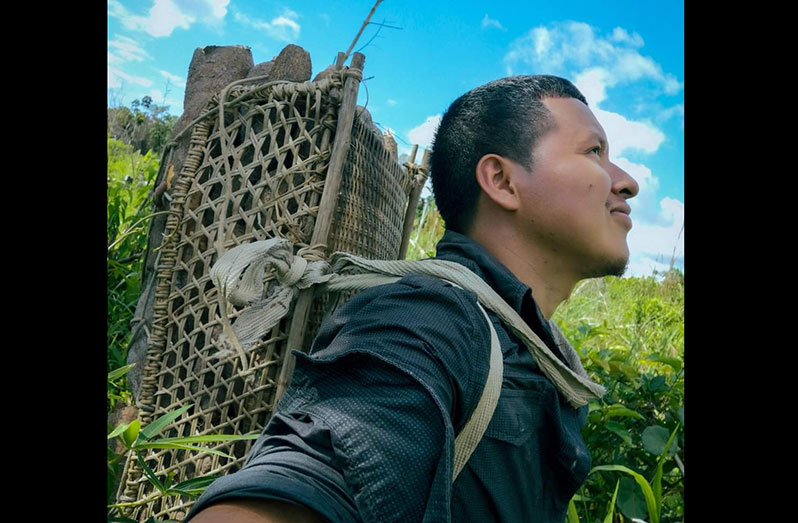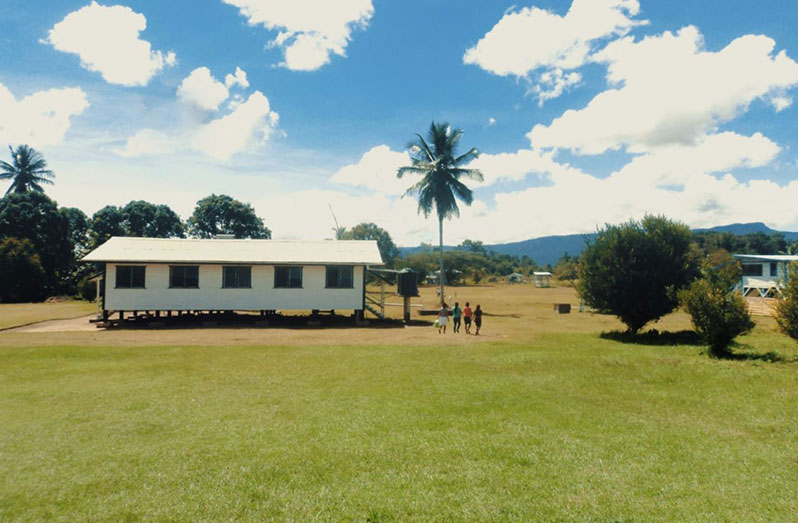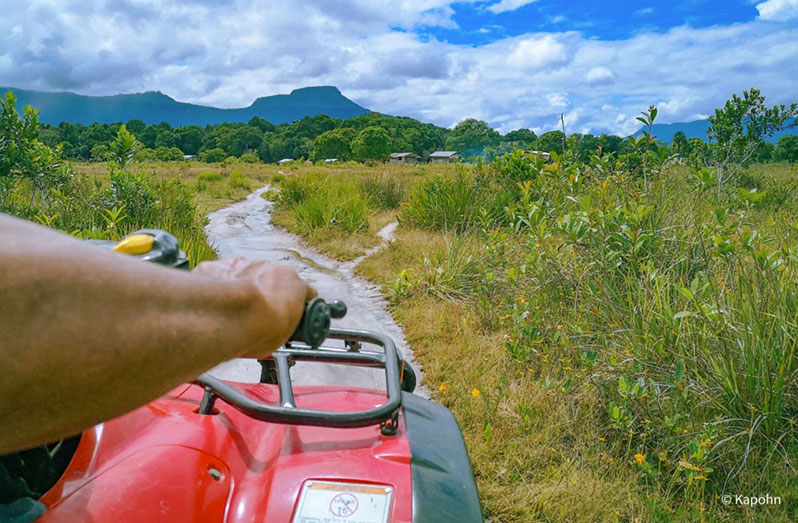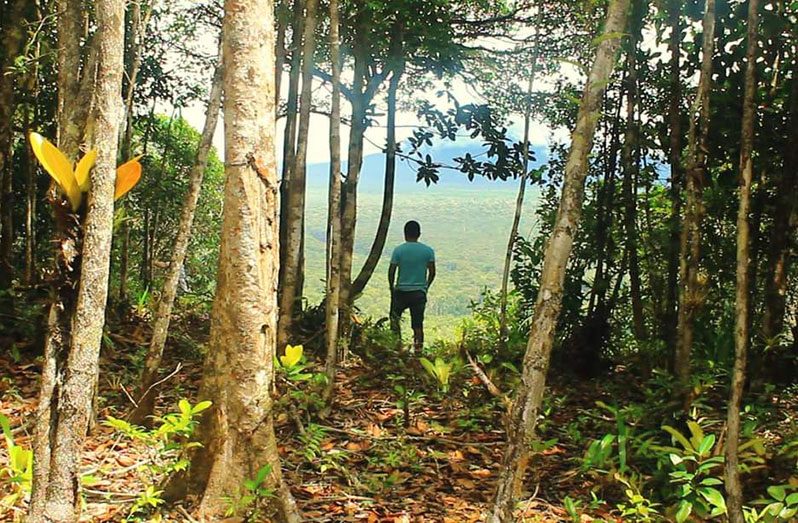Kako Village youth revels in the beauty and lifestyle of where he came from
ROMARIO Hastings especially loves that when he’s at home in his village, he can enjoy great freedom; he doesn’t have to be overly concerned about his safety or that of his family. Being able to spend time in the outdoors and having access to a clean river and creek also add to his enjoyment.
The 27-year-old is originally from Kako Village, a small Akawaio community on the left bank of a river bearing the same name.
He ended up in Georgetown solely to complete his secondary and tertiary education and is now an environmental officer with the Environmental Protection Agency (EPA) in Georgetown.

Even as he loves his line of work and what he can accomplish through it, nothing beats being in his village. “The familiarity with the food, language and people makes me feel a sense of belonging and elation while being there,” he told Pepperpot Magazine lately.
Initially, he wanted to become a medical professional when he entered the science stream at President’s College, but upon leaving and spending a year in his village, he realised the dire need for environmental management.

It was then that he decided to pursue his tertiary education in the environmental field at the University of Guyana. “I have no regrets for the diversion, as I understand the importance of my current career,” he expressed.
At the EPA, Romario mostly enjoys working in the fields. “I always tell people I am not an exclusive office person because I believe maintaining a balance is imperative to our overall well-being,” he said.
“Conducting fieldwork as a prerequisite for authorising and regulating mining projects is quite fulfilling for me because it gives me the opportunity to physically interact with the environment,” he added.

Romario feels that access to quality education and investment in digital literacy can greatly enhance the lives of his fellow indigenous peoples, as he believes that these two areas are the key pillars propelling society to greater heights.
“It would not only offer indigenous villages a chance to attain education, but it will enable the capacity to engage in public discourses, exchange and share their culture…and access information, which is critical to decision-making within the communities,” he explained.
In observing Amerindian Heritage Month, Romario feels that more needs to be done for the sustenance and development of indigenous culture.
“Cultures evolve, and it should not only be a month to showcase, but a time to reflect on the current elements of our culture and identify ways how we can utilise and transform for the benefit of our future generations and the country,” he said.
Romario is hoping that cultural development will become more of a priority for the ministry overseeing indigenous affairs.
Meanwhile, Executive Director of the Amerindian Peoples Association (APA), Jean La Rose, told this publication last week that she has been using her voice at various forums to highlight issues of importance to the indigenous communities.
She would especially like to see a revision of the act governing Guyana’s indigenous peoples that considers traditional land rights, the strengthening of government systems with the respective villages, and the education system being upgraded so that those communities are brought on par with coastal ones.
La Rose would also like to see indigenous women and girls participate in the decision-making of their villages.



.jpg)









